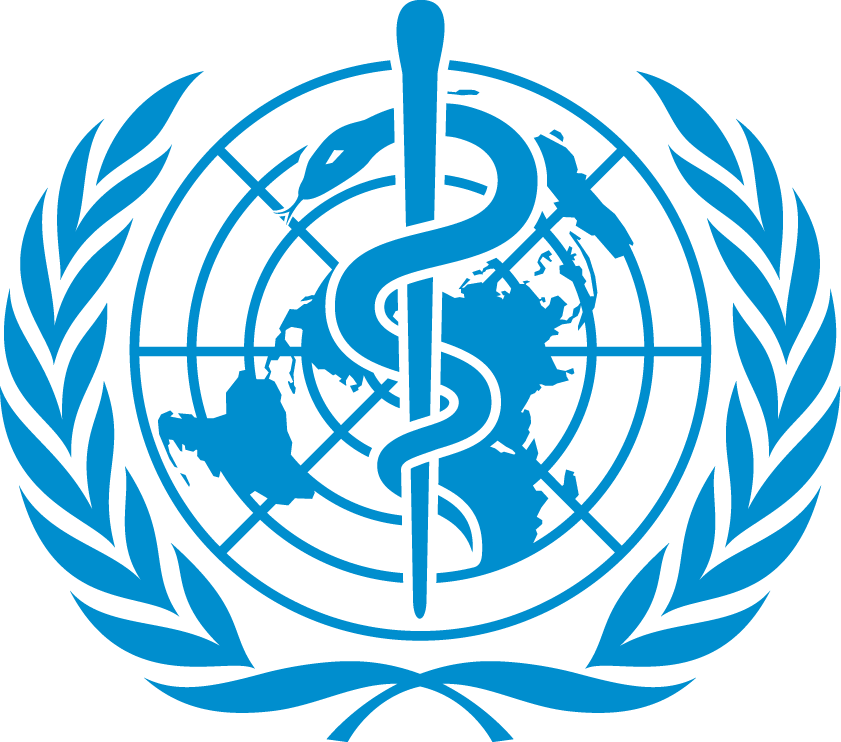The World Health Organization’s (WHO) Expert Committee On Drug Dependence announced that it does NOT recommend a critical review of kratom or its alkaloids. This effectively ends the process of recommending a so-called “international ban” at this time.
In a document released in early December 2021, the ECDD announced:
The Committee considered information regarding the traditional use and investigation into possible medical applications of kratom. The Committee concluded that there is insufficient evidence to recommend a critical review of kratom.
With respect to mitragynine and 7-hydroxymitragynine, the Committee, except for one member, also concluded that there is insufficient evidence to recommend a critical review at this time.
Recommendation: The Committee recommended that kratom, mitragynine and 7-hydroxymitragynine be kept under surveillance by the WHO Secretariat.
In July 2021, the WHO announced new substances, including kratom, would be considered for critical review at the 44th meeting of the ECDD, which took place in October.
United Nations member nations who signed onto the 1961 Convention on Narcotic Drugs and 1971 Convention on Psychotropic Substances have agreed to schedule substances reviewed and recommended by this WHO process. A ban recommendation would also severely restrict international trade of any of these substances, effectively creating an illicit market.
On July 23, 2021, the Food and Drug Administration released a public statement soliciting comments for consideration by Health and Human Services in its response to the WHO. Over 70,000 public comments were submitted and entered into the Federal Register where they are publicly accessible. The vast majority of those who submitted comments opposed to a kratom ban recommendation.
In October 2021, several scientists, including Dr. Christopher McCurdy of University of Florida and Dr. Fabian Pitter Steinmetz, a German toxicologist and harm reduction advocate, testified to the ECDD against the scheduling of kratom or its alkaloids. More and more scientists are coming out and opposing drug war policy because of its harmful social effects, as well as the stifling of research. Dr. Steinmetz told Kratom Science, “I used the chance to tell the WHO that I think the drug policy is ridiculous. If they would ban kratom, it would even become more ridiculous.”
The ECDD also passed on critical review for the substances phenibut, benzylone, and 4F-MDMB-BICA. Two synthetic opioids, brophine and metonitazene, were recommended for addition to Schedule I under the 1961 Convention. Eutylone, a synthetic cathinone (Cathinones are compounds derived from the plant khat. Drugs sold as “bath salts” are typically synthetic cathinones.) was recommended for Schedule II under the 1971 Convention.
For now, kratom will remain under surveillance by the WHO and reviews by the ECDD may occur in the future.
###

